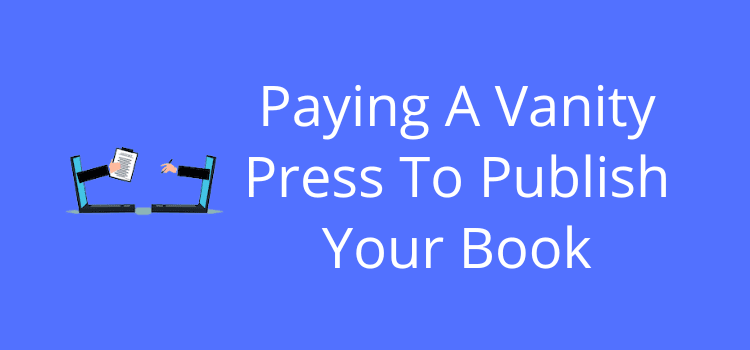
If you are considering paying a vanity press publisher to publish your book, think very carefully before deciding.
So many scam publishers now use high-pressure selling to convince you to hand over a lot of money.
If you receive an unsolicited email saying that a publisher is very interested in your book or wants to turn it into a movie, it’s usually a scam.
Authors new to publishing are often unaware of the traps, tricks, shams, and scammers in publishing today.
Paying a vanity press is usually a bad option
Paying a book publisher can often turn your publishing dream into a costly nightmare.
Every day, I receive tales of woe from authors who used a vanity press publisher.
You can get an idea of the trials, tribulations, and nightmares by reading the long list of comments on this article.
There are even more comments on this post as well.
But it’s always too late once you hand over your money.
The business model of most vanity press publishers is to prey on new authors who have little knowledge about publishing and are desperately excited about publishing their new book.
That’s why it’s called vanity, not self-publishing.
But the reality is that if you know a little about publishing, all the tools an author needs to publish a book are available for free.
And they are the same tools that vanity publishers use.
If you are a new author, keep reading. I’ll guide you through the warning signals and pitfalls.
Vanity publishers have a bad reputation
You don’t need to do extensive research to find warnings about vanity book publishers.
The best place to start is the ALLi Watchdog list of the best and worst publishing services.
You will find many publishers listed with warnings about quality, value, service, communication, transparency, marketing, and legal issues.
Here are a few examples from the list.
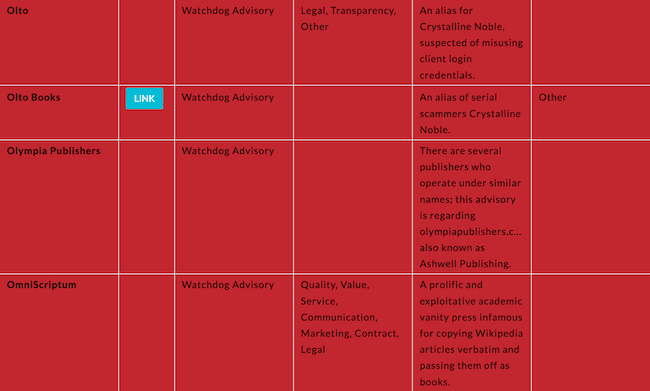
Many more publishers are on the list with these red warnings.
The biggest problem is that quite a few of these publishers make outlandish claims to convince you to hand over thousands of dollars.
But in reality, you get no more than if you self-publish a book.
There is no marketing, no promotion, and certainly no mention that your chances of selling your book are close to zero.
Vanity press publishers are in the business of selling YOUR book to YOU, not to readers.
What you get for your five, six, or seven thousand dollars are a few copies of your book.
If you want more copies, you have to pay for them.
One of the most common complaints I hear from authors is that once they hand over their money, communication ends.
Questions or complaints often go ignored, and emails and phone messages are unreturned.
Should you pay a publisher to publish your book? In one word, no.
You can publish a book in so many ways today without handing over a bucket of money.
In any of these forms, it is the publisher who pays the author. That’s the standard practice in book publishing.
Should you take the traditional publishing route of finding a literary agent and publisher, your publisher will pay you your royalties.
It’s similar when you choose to self-publish.
Self-publishing service providers such as Amazon KDP, Apple Books, or Draft2Digital will pay you your book sales royalties each month.
Another option is to find a small press publisher. It’s a good option if you are not confident in your ability to self-publish.
But again, a small press publisher won’t ask for money, and they will pay you royalties, usually quarterly.
I have a small press publisher that manages my audiobooks.
But I don’t pay a cent to produce the audiobooks, and I receive my royalties like clockwork every three months.
That’s how publishing works. Publishers pay authors and not the other way around.
It’s a bad idea, but don’t take my word for it
Vanity press publishers have been around for a long time.
It doesn’t take much research to discover the downsides and the poor reputation they have.
Here are just a few selected thoughts on the topic. However, you can find many more with a Google search.
Lucy A. Snyder said this in a blog post.
Some vanity presses will take an author’s money, but never actually print the books. Vanity presses engage in a lot of borderline or outright scamming.
Ann Hirsh mentions the following in an article.
Vanity presses are scams that masquerade as small presses, but require a fee from authors, which may be called an “editing fee,” “packaging fee” or some other terminology. Work with vanity presses only if you want a book that does not sell to anyone other than your family and friends.
Alex Raizman notes his view.
No matter how much a publisher wants, even if it’s a single dime, you should never pay to have your book published. Instead, they should be making their money off royalties of your book, same as you. That’s the number one way to spot a scam and should always be avoided.
Jethro Wegener made his thoughts very clear.
I see writers asking the same question.
How much should I pay to publish my book?
As a published author and veteran marketer, my answer is always the same.
NOTHING.
Yes, you heard that right. No money at all. Zero dollars. Do not shell out to get your book published.
Ever.
Publishers that charge a fee to have your book published should be avoided at all costs.
If you are still thinking about paying a publisher, perhaps the warnings above will help you take a step back and reconsider.
Paying a vanity press is a waste of money
Yes, publishing a book is very exciting, especially if it’s your first one.
But don’t fall for the hype, high-pressure selling, compliments, and assurances that you wrote a fantastic potential bestseller.
It’s a very common tactic of vanity presses to avoid discussing money until they have you wrapped up in all the excitement.
By then, you are so keen and excited about publishing your book that you fall right into their trap.
There are many ways to publish a book.
But paying a vanity press is almost always the very worst option.
Related reading: How To Publish Your Writing Anonymously
Share This Article
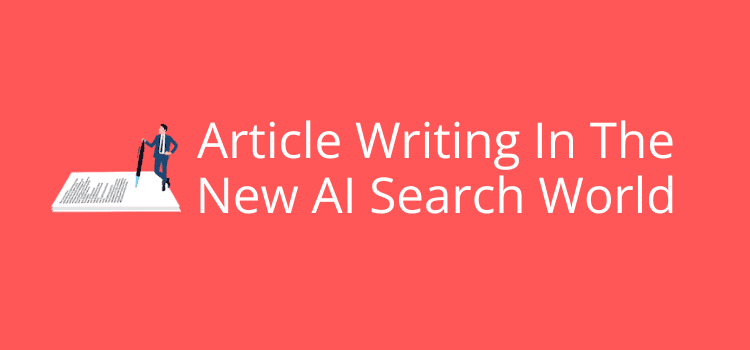
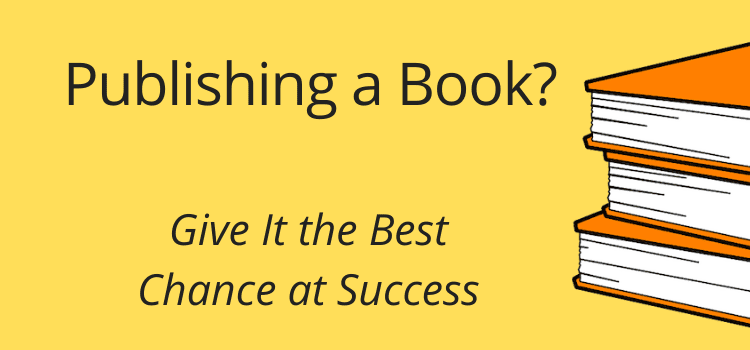
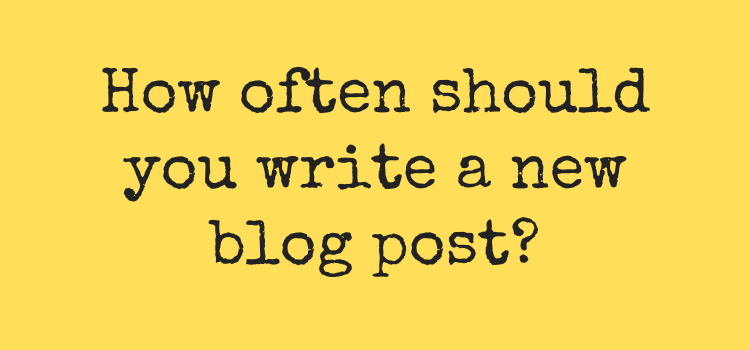
How can these scam publishers get away with taking your money and do nothing, is there a way to get your money back ?
Is Winn Hybrid publisher owned by Alicia Winn/Melbourne Fl legit? All ‘tel:#’ are no longer in service. Her bookstore Renaissance Books has closed. An author requested my assistance since her children’s book appears online w/ Amazon and Lightning-source. But has received only 1 small payment Jan/ 4/24 after publication Oct/23. Never received free copies. If Winn is no longer in business, how do distributors pay author? Winn has remaindered books but author was not notified , nor does she know whether her title was remaindered or stopped being published or POD . Could not find further info from Lightning-source. Alicia Winn now lives somewhere in Texas, according to author.
Hi
Are The Book Guild Ltd considered to be a vanity publisher? They offer partner publishing where the author pays towards publishing.
The Book Guild offers both traditional and vanity publishing.
However, I found quite positive reviews. Also, it is a subsidiary of Troubador Publishing Ltd, which also has an excellent rating on ALLi.
As long as you understand how each option works, then my assessment is that it is a reliable publisher.